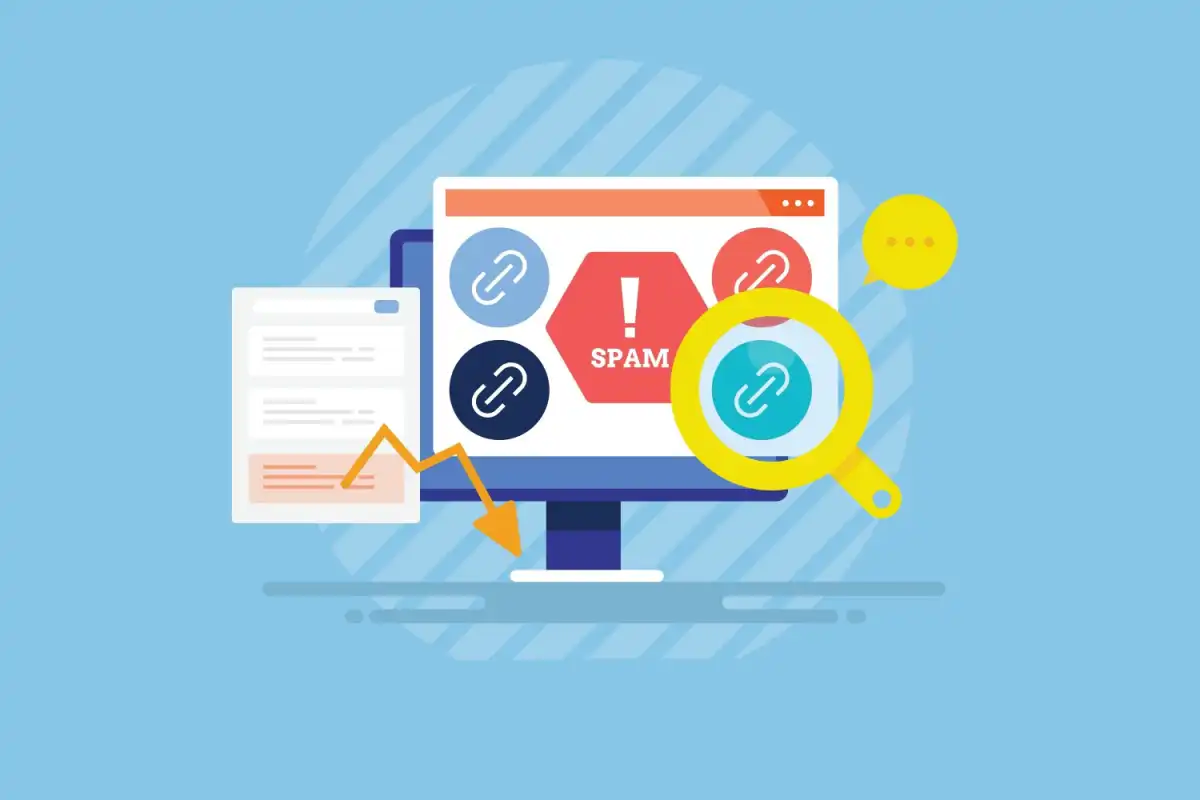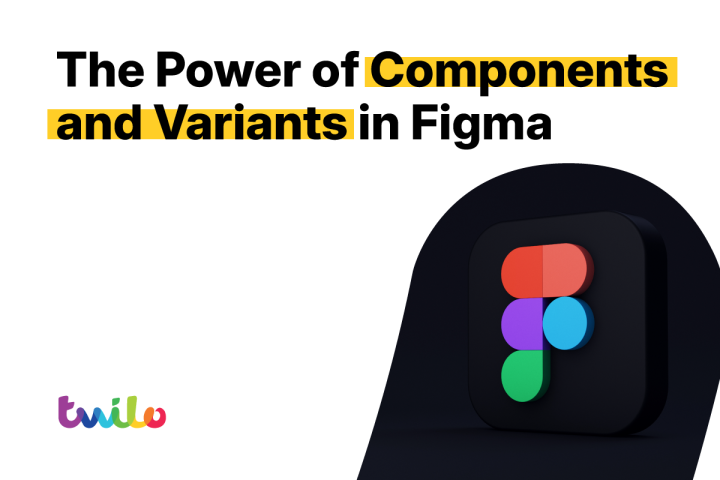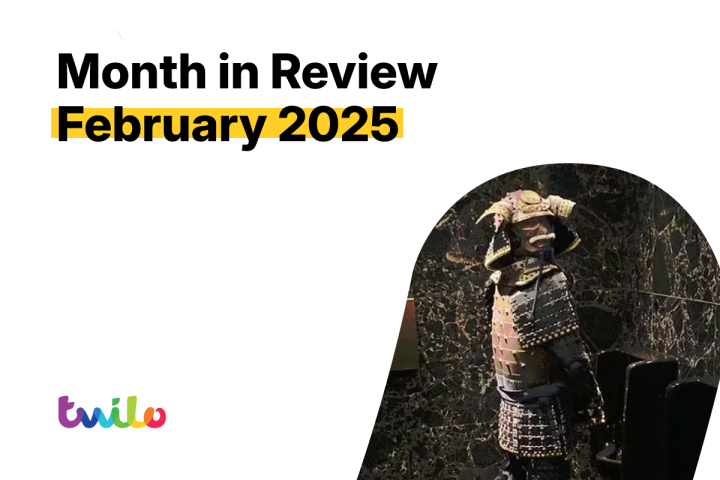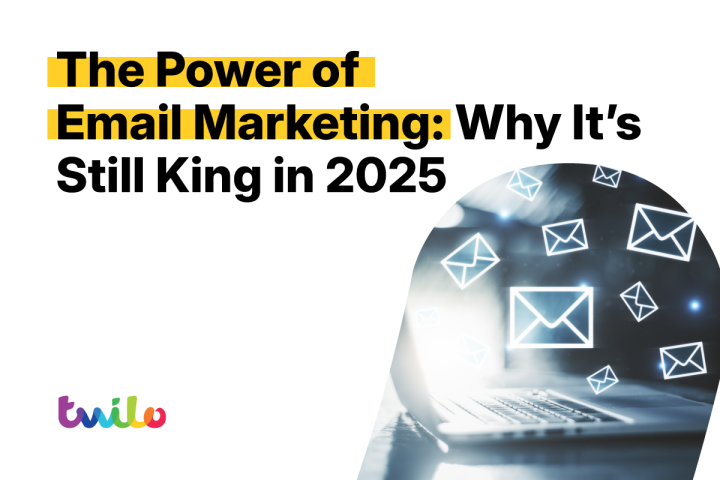One step forward, two steps back.
Imagine you are working on your new company, wanting to grow your online presence and get your name out there. So, you start an SEO campaign, joining the competition to rank high on search engine results pages (SERPs). Some marketers would use unethical (and sometimes, but not always, illegal) strategies to promote their online business, known as black hat SEO. Blackhat SEO involves employing deceitful and manipulative techniques to artificially boost a website’s visibility.
Everybody knows, appearing on the first page of search results can lead to a significant increase in website visitors, possibly reaching hundreds of thousands of additional hits. However, some of these hits may be from users who quickly leave the website, raising your bounce rate because it doesn’t meet their needs or is not quite right for them. You can’t please them all!
Despite this risk, many companies are willing to use black hat SEO in order to achieve high traffic numbers as this may be all they care about, especially if they’re selling advertising space on their website.
Let’s take a look at some unscrupulous SEO techniques, and explore why you should avoid using them.

Keyword Stuffing
Keyword stuffing is a technique used to manipulate search engines by excessively using the same keywords or phrases on a webpage. This technique involves adding a large number of keywords or phrases in the content, meta tags, alt tags, and other on-page elements of a website in an attempt to increase its search engine rankings.
Doing this can have a negative impact on SEO. Search engines like Google have become more advanced in detecting keyword stuffing and penalizing websites that use this technique. Focus on creating high-quality, engaging content that is relevant to your target audience, and use keywords in a natural and appropriate way.
Link Farming
Black hat marketers often resort to link manipulation techniques, such as buying or spamming links, to artificially inflate a website’s authority. However, search engines like Google actively penalize such practices, as they undermine the integrity of the ranking system. Websites found to be involved in link spamming may face severe consequences, including plummeting rankings or being deindexed altogether. Additionally, these illegitimate links can harm a website’s credibility, as users may associate it with spammy or malicious content, resulting in a loss of trust and potential visitors.
Cloaking
Cloaking is a technique that shows different content to search engines and users. When a search engine visits a website, it sees one version of the page. When users arrive, they’re met with completely different content than what the search engine catalogued and recommended.
This is done by identifying the visitor’s IP address or user agent and providing content based on that data. The goal of cloaking is to trick search engines into ranking the website higher by displaying well optimsed content to the crawler but often malicious or low quality content to a user.

Conclusion
While black hat SEO may promise quick gains, the risks involved far outweigh the short-term benefits. Engaging in unethical practices can severely impact a website’s SEO and overall organisational reputation. Search engines are continually refining their algorithms to combat black hat practices and prioritize user experience.
Therefore, investing in or following legitimate SEO strategies that focuses on providing valuable content, building quality links, and enhancing user experience remains the best approach for long-term success in the ever-evolving world of digital marketing.




